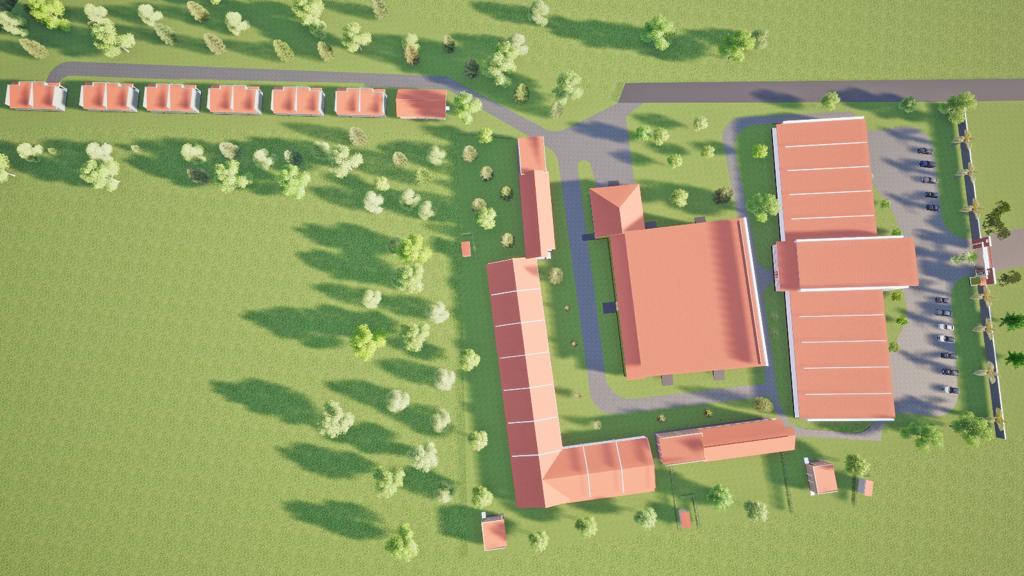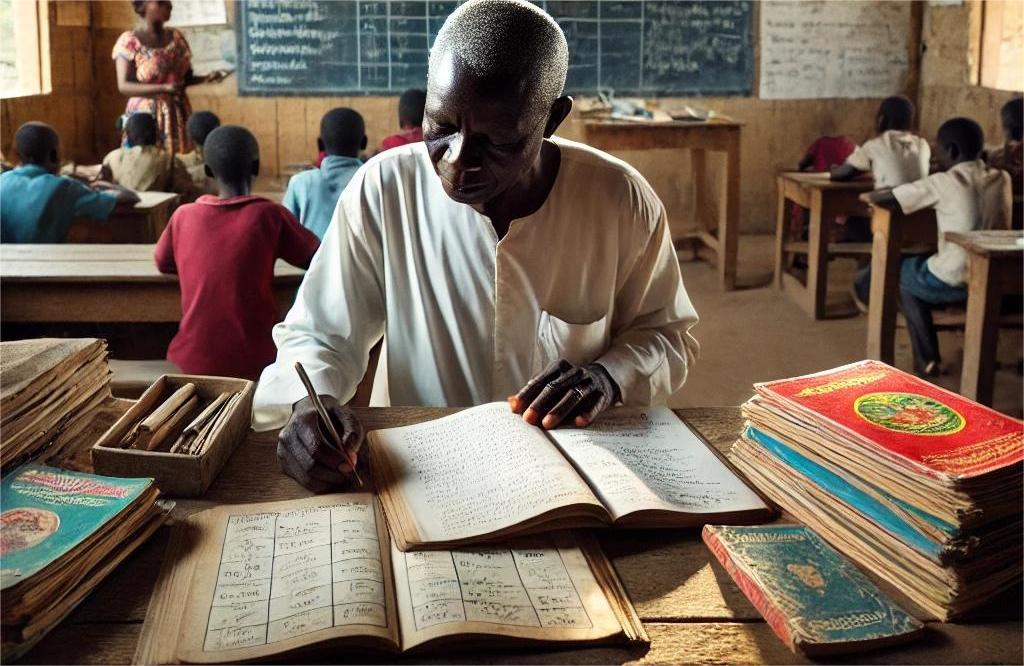IMPLEMENTATION PLAN FOR YEHUDAH TRAINING INSTITUTE

ESTABLISHING THE INSTITUTE
• A sizeable Land of 8.22 Acres is already purchased.
• Securing funding and resources for the establishment of the institute, including the construction of buildings, equipment, and materials.
• Hiring administrative staff and instructors.
• Developing policies and procedures for the institute.
• Registering the institute with the relevant government agencies.

DEVELOPING THE CURRICULUM
• Conducting a thorough market analysis to identify the current demand for skilled labour in the fields of woodwork, Carpentry, metalwork, plumbing, building, bakery, tailoring, crafts work, computers and agriculture.
• Developing a comprehensive curriculum that covers all the necessary skills for employment and being self-employed in these fields.
• Reviewing and updating the curriculum regularly to reflect changes in industry standards.

RECRUITING STUDENTS
• Developing a marketing and promotion strategy to raise awareness of the institute and attract potential students.
• Establishing partnerships with local schools, community organizations, and government agencies to promote the institute.
• Setting up a selection process to ensure that students are well-suited to the program.

PROVIDING TRAINING AND SUPPORT
• Providing training and guidance to students by experienced and qualified instructors.
• Providing ongoing training and professional development opportunities for faculty to ensure they are up-to-date on industry standards and best practices.
• Providing support services such as counselling, academic advising, and career guidance to students.

ESTABLISHING PARTNERSHIP AND COLLABORATIONS
• Establishing partnerships and collaborations with local businesses and organizations in the fields of woodwork, metalwork, and agriculture to provide students with real-world experience and opportunities for employment and being self-employed after graduation.
• Organizing internships, apprenticeships, and other opportunities for students to gain practical experience.

MONITORING AND EVALUATION
• Developing a system for monitoring and evaluating the effectiveness of the program.
• Collecting and analyzing data on student enrolment, retention, and graduation rates.
• Collecting feedback from students, faculty, and industry partners to identify areas for improvement.

SUSTAINABILITY
• Developing a budget and funding plan to ensure the sustainability of the institute.
• Identifying and pursuing new funding opportunities, such as grants and philanthropic donations.
• Continuously seeking ways to improve the institute to ensure it meets the ever-changing needs of the students and industry.
IMPLEMENTATION TIMELINE
• Establishing the Institute: 6-8 months
• Developing the Curriculum: 2-3 months
• Recruiting Students: 2-3 months
• Providing Training and Support: Ongoing
• Establishing Partnerships and Collaborations: Ongoing
• Monitoring and Evaluation: Ongoing
• Sustainability: Ongoing
IMPLEMENTATION TEAM
• Director of the Institute
• Curriculum Development Team
• Recruitment and Marketing Team
• Faculty and Support Team
• Partnership and Collaboration Team
• Monitoring and Evaluation Team
• Funding and Sustainability Team
COMMUNICATION AND COORDINATION
• Regular meetings of the implementation team to discuss
progress and make decisions.
• Regular communication with government agencies, funding
organizations, and industry partners.
• Regular reporting to stakeholders on progress and achievements.
IMPLEMENTATION BUDGET
• Establishing the Institute
• Curriculum Development
• Recruitment and Marketing
• Faculty and Support
• Partnership and Collaboration
• Monitoring and Evaluation
• Funding and Sustainability
